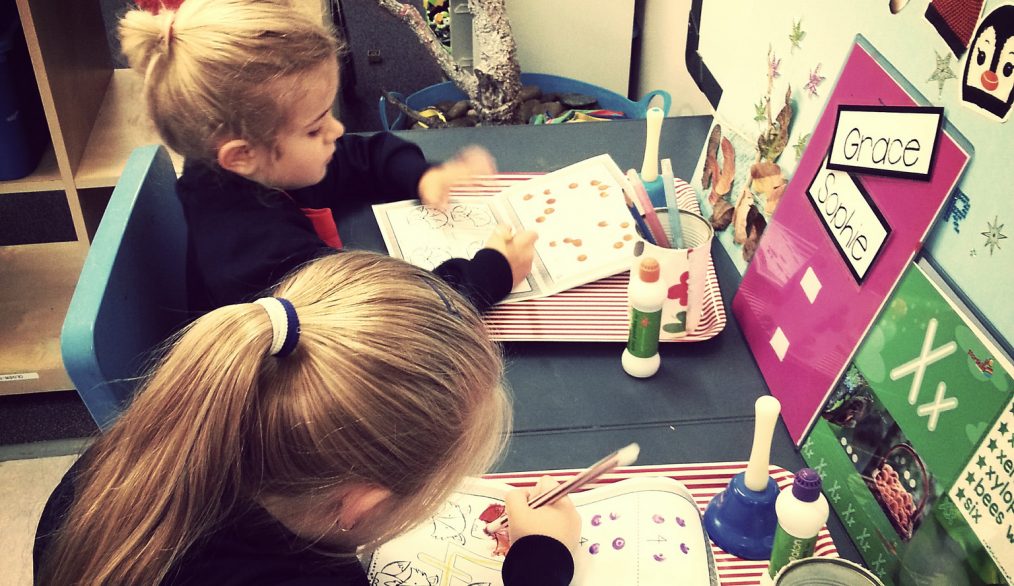
How to Teach Your Child the Alphabet
Knowing how to correctly teach the alphabet is very important. You will need to consider your child’s age and early literacy experiences. Pre schoolers may often be able to sing the alphabet song – ABCDEFG… but this does not mean your child actually knows the alphabet sounds, recognition and letters. A phonological awareness base is imperative for future literacy success.

There are a few considerations for how I teach the alphabet.
Studies by Vickie Snider have shown that phonemic awareness has a direct correlation with students’ ability to read as they get older. Phonemic awareness builds a foundation for students to understand the rules of the English language. This in turn allows each student to apply these skills and increase his or her oral reading fluency and understanding of the text.
The significance of vocabulary (oral language) has often been underestimated because it is not a prerequisite for first or second grade reading success. It is not until reading texts involve age-normal vocabulary demands that early (kindergarten or pre- kindergarten) vocabulary becomes a significant predictor of reading comprehension. Biemiller (2005)
With this in mind I like to teach the alphabet with a foundation in vocabulary (exposing the child to new words) and phonemic awareness activities. As these tasks are grasped it is important to continue developing a child’s broader phonological awareness skills. Introducing the alphabet must include these skills if a firm foundation for future phonics is to be built upon in future years.
Each week I like to introduce a “Letter of the Week”.
- We will learn animals, countries, foods and nouns that begin with this activity.
- Each week students are encouraged to bring in something that begins with the Letter of the Week.
- We watch out weekly Letter of the Week Early Learning Video
- Take home our weekly Letter of the Week Vocabulary & Phonemic Awareness Card
- Take home our weekly reading sentence card.
- Art and Craft based on the letter of the week.
- Theme based learning which draw attention to the letter of the week. (For example we are learning about the Sea – A for Angelfish)
- Learning experiences that encourage speaking and the development of oral language (For example – Making Apple pies)
- Practice Letter formation of Letter of the week (Starskills Members Area)
- Playdough Mats (Starskills Members Area)
* Preschoolers ages 3-4 should be encouraged to learn the alphabet but it does need to have a Phonological Awareness approach for long term literacy success. Learning by rote is necessary but even more important is the phonemic awareness knowledge which broadens into deeper phonological skills which provides a needed basis for future phonic knowledge.
* Pre Primary students who are not confident with letter names and sounds would benefit greatly from building Alphabet knowledge from a phonological base.
